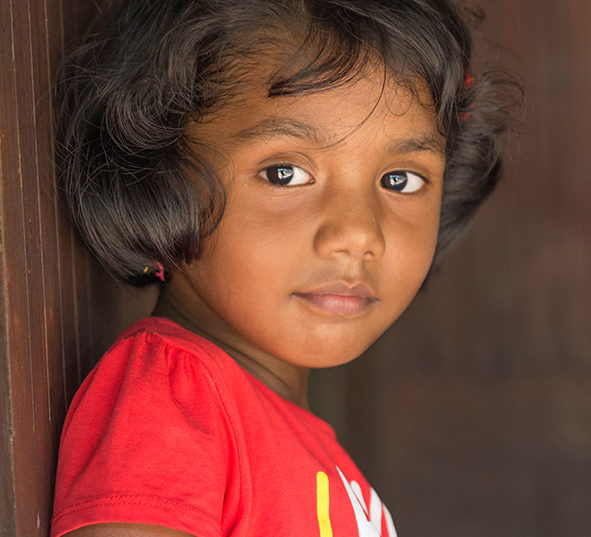Data from a randomised controlled trial show that trauma-focused group intervention delivered by trained social workers in addition to usual care (UC) is more effective in reducing post-traumatic stress symptoms (PTSS) in young refugees than UC alone. The trial, conducted by researchers at Ulm University, Germany, involved seven German child and adolescent welfare agencies, where participants were randomly assigned to receive either six sessions of the group intervention, known as “Mein Weg” (meaning “My Way” in English) (n=50; 94% male), or UC (n=49; 92% male).
Mein Weg — led by trained social workers —included education on PTSS, learning of appropriate coping skills and gradual exposure to overcome traumatic events and regain a sense of safety. As suggested by the pilot study data, intention-to-treat analyses showed that Mein Weg was superior to UC, with self-reported improvements in PTSS and depression symptoms. Caregiver-reported symptoms and self-reported dysfunctional post-traumatic cognitions, however, were not superior to UC. A major limitation to the trial was the use of questionnaires to evaluate outcomes andno clinical assessments were performed. In addition, the data do not indicate whether improvements after the intervention ends are maintained. Follow-up assessments must now be completed to determine the sustainability of the effects.
The researchers consider that this trial provides evidence for the feasibility and effectiveness of a trauma-focused group intervention for young refugees. Furthermore, they propose that following replication with independent clinical assessments, Mein Weg may be a valuable low-threshold component in a stepped care approach for young refugees.
Pfeiffer, E., Sachser, C., Rohlmann, F. & Goldbeck, L. (2018), Effectiveness of a trauma-focused group intervention for young refugees: a randomized controlled trial. J. Clin. Psychol. Psychiatr. 59: 1171-1179. doi: 10.1111/jcpp.12908.
